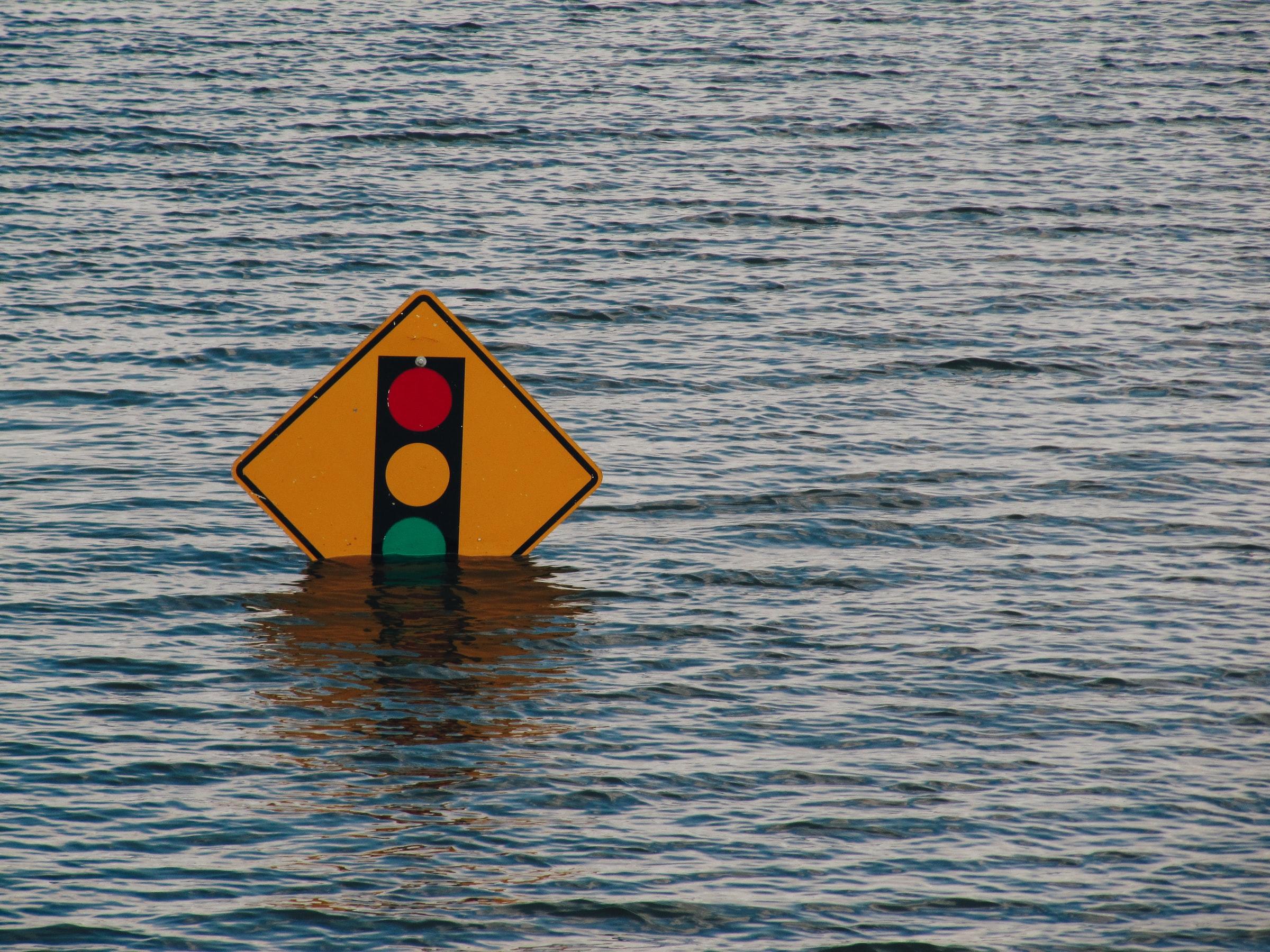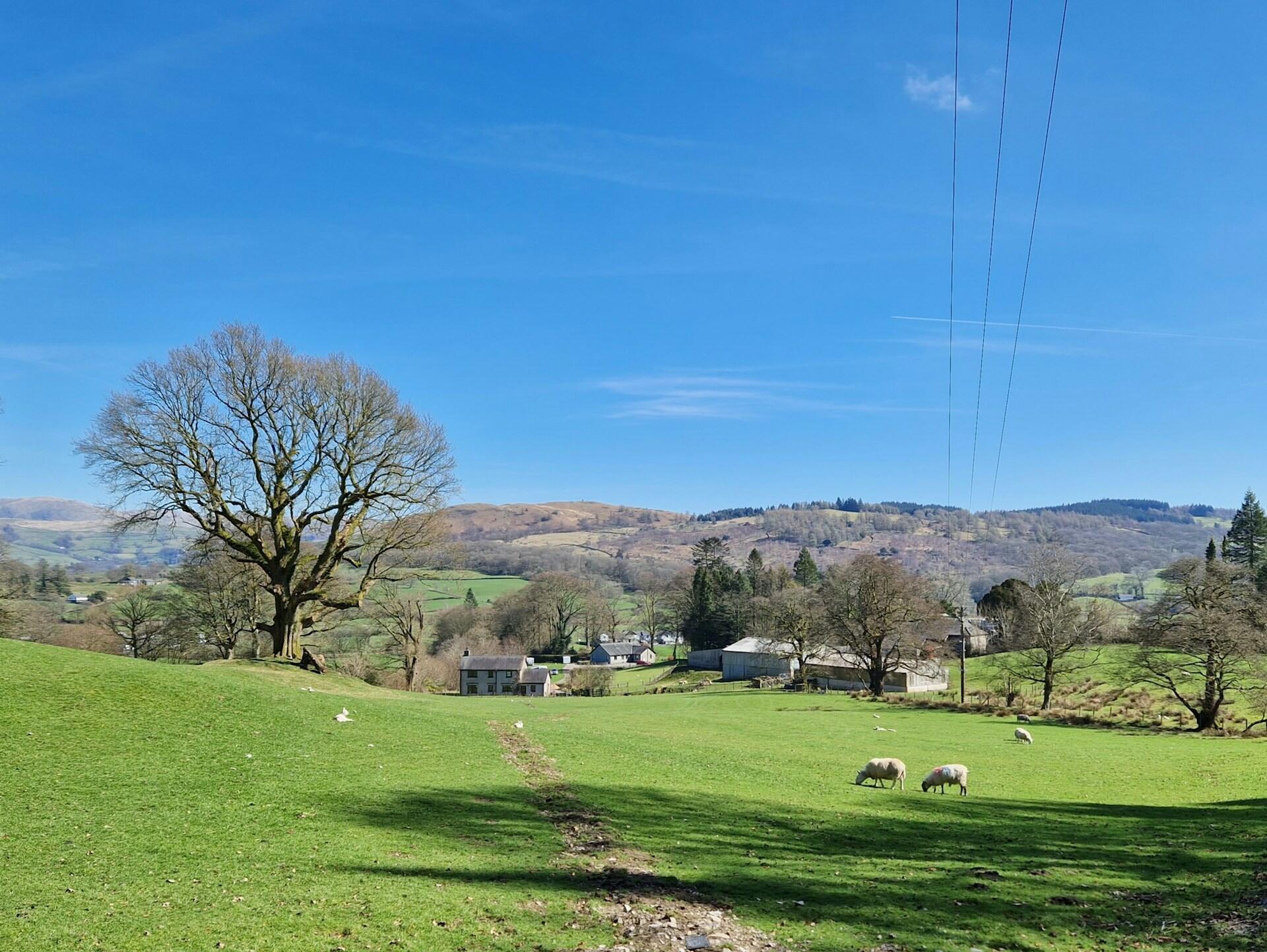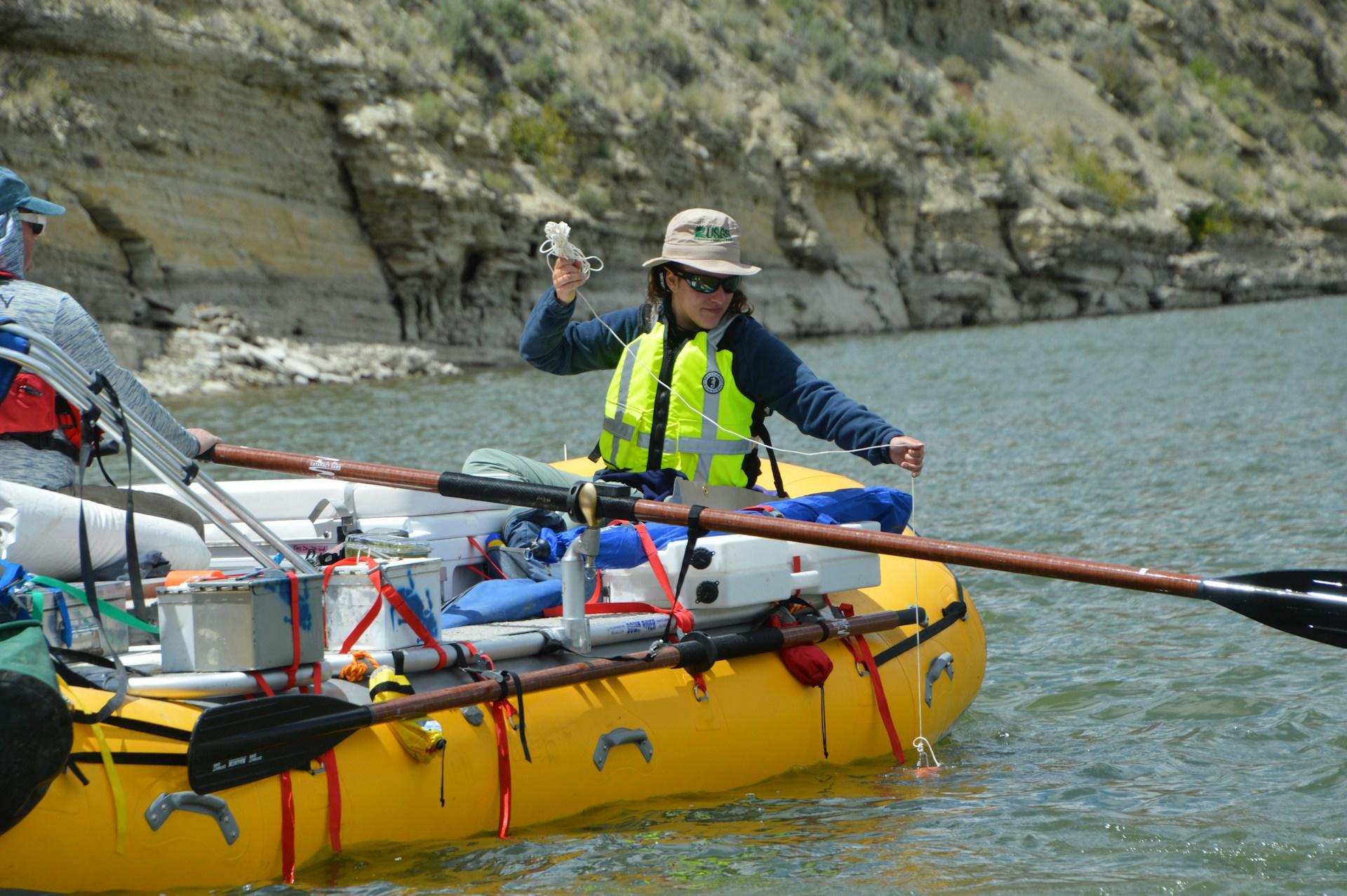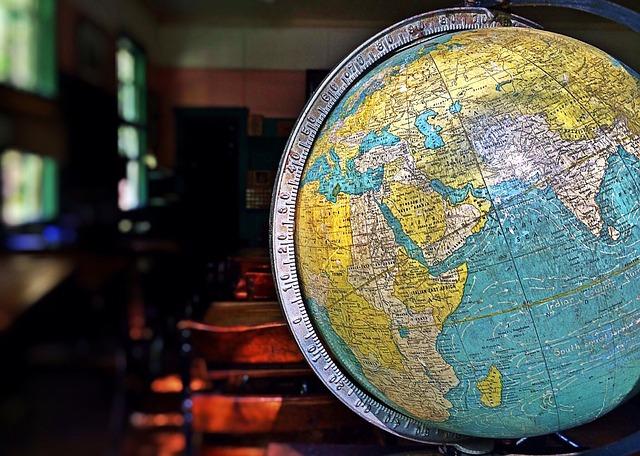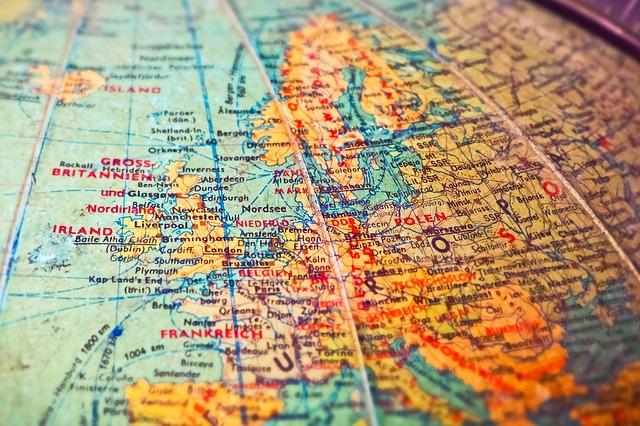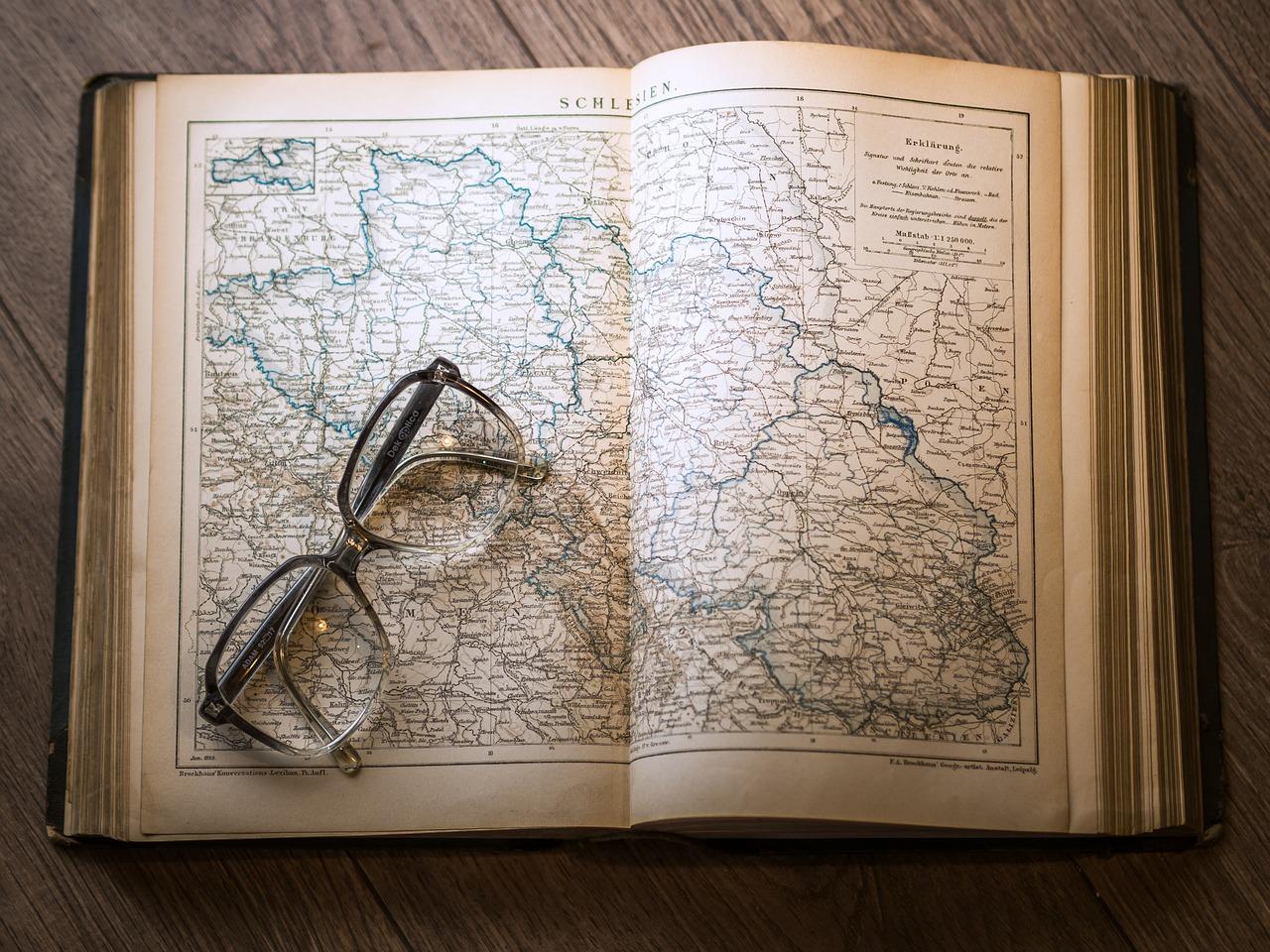“Climate change is real. It is happening right now, it is the most urgent threat facing our entire species and we need to work collectively together and stop procrastinating.” -Leonardo DiCaprio
It's not just a current trend that famous actors, billionaires, and influencers are getting behind just to seem "cool" and "hip", climate change is a serious threat that is currently impacting all of our lives whether we like it or not.
The social impacts of climate change include lack of food, adverse health problems, and lack of shelter for persons in poorer countries that have been devastated by natural disasters. Also, there are economic impacts of climate change because the funds of countries will be more dedicated to preventative measures.
Therefore, it's inescapable, climate change and global warming are affecting all of us and the best way to combat it is to raise awareness and change the way we commonly do things.
Without further ado, in today's article, we shall solely focus on the impacts of climate change with the hope that humans can collectively stop the madness before it's too late for future generations.

What are the Causes of Climate Change?
More and more people are becoming aware of climate change and trying to learn about its causes and which solutions may be found. Activists are tirelessly working to advise people about the culprits of global warming and how humans are ruining their home, planet earth.
Without further delay, the following are the top ten causes of climate change:
- Overfishing,
- Oil & Gas,
- Industrialisation,
- Farming,
- Power Plants,
- Consumerism,
- Trash and Waste in Landfills,
- Modes of Transportation,
- Oil Drilling,
- Deforestation.
It's worth mentioning that the previously mentioned list is in no particular order and that all of the ten causes are equally harmful to the environment.
We must recognise that the causes of climate change must be stopped or slowed down so that there are fewer natural disasters and severe interruptions that have both social and economic impacts on people.
What is the Difference Between Global Warming and Climate Change?
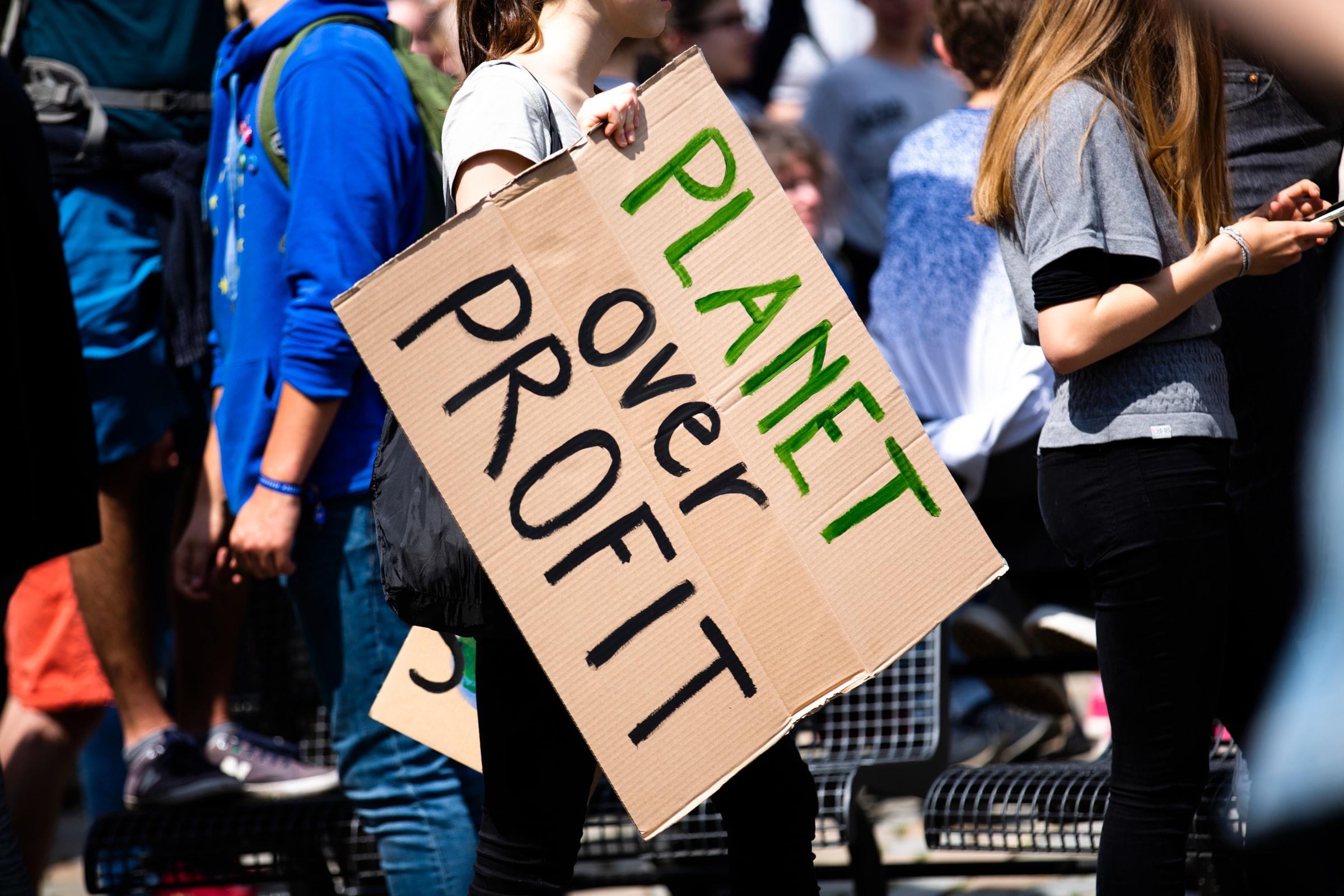
Most people associate the terms "climate change" and "global warming" interchangeably in their minds without wondering what are the specific definitions of the words. Do you want to find out what each phrase means and how they differ from one another? If so, you're in luck because you'll find the answer here!
First and foremost, climate change is a term that is used to explain the study of how the climate and weather patterns around the world are changing. Climate change takes a look at solar cycles, rain cycles, and snow patterns and how they have shifted over time; either negatively or positively. Climate change analyses weather changes over a long period of time.
Secondly, global warming analyses how the earth's global temperature is rising and how it is affecting the oceans and habitats. Also, global warming analyses how greenhouse gasses are going from bad to worse.
Both topics can be studied further to see how global warming and climate change have social and economic impacts. But, how can we tell the difference?
The primary difference between the two is that global warming is a more specific discipline that covers rising temperatures and greenhouse gasses whereas, on the other hand, climate change is broader since there are various subdisciplines to studying weather patterns and how they shift.
It's important to teach and to learn about aspects of climate change and global warming since it results in less ignorance and more eco-friendly practices. Younger generations need to know that by implementing certain practices and by being careful, they can positively impact the planet.
To learn more about climate change and global warming, we highly recommend reading informative blog articles from trusted sites such as this one, watching YouTube channels, or hiring geography tutors with experience in climate change.
How Will Climate Change Affect the UK?
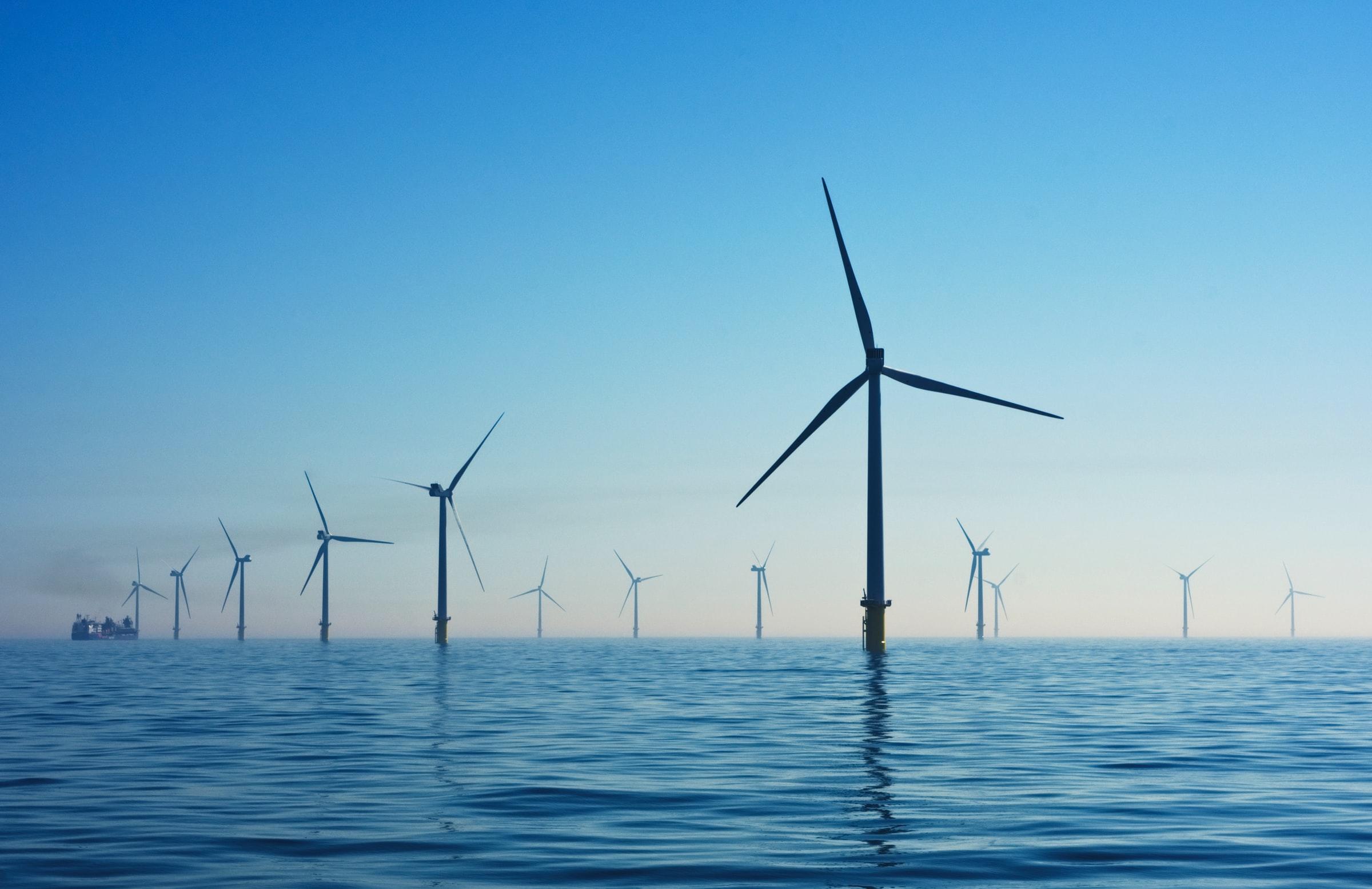
Is the UK a nation? Yes. Is the UK situated on planet earth, the third rock from the sun? Yes. Therefore, the UK has been impacted, is being affected, and will continue to see the devastating results of climate change.
But, how will the UK be affected by climate change in the next decade or so? Alike many European nations, the UK will suffer from the global impacts of climate change such as the following:
- Fewer water supplies,
- Conflict and climate migrants,
- Flooding of the coastal regions of countries and cities,
- Damage to marine ecosystems,
- Fisheries failing to produce enough foods,
- Loss of biodiversity on land,
- Changes in the regular reasons,
- Heatwaves everywhere,
- More pests, bugs, and detrimental fungi,
- Deforestation and increased risk of forest fires,
- Damage to infrastructure caused by natural disasters,
- Food insecurity and lack of healthy crops.
Nonetheless, when considering the UK specifically and its unique climate and temperature patterns, there are certain weather changes that will affect persons living in England, Northern Ireland, Scotland, and Wales. Such as? It's worth pointing out that according to scientists and environmentalists, the United Kingdom will experience the following environmental changes if things are strictly controlled in the next decade:
- Intense Heatwaves: those who were there in the summer of 2018 felt an unprecedented heatwave and rise in temperature in the UK. Intense heatwaves will become increasingly popular and occur nearly every two years.
- Heavy Rainfall: more severe rainstorms will affect persons in the UK causing flash floods and intense destruction.
- Rising Sea Levels: since many towns and cities are on the coast in the UK, citizens should be concerned about the rising oceans that will impact millions of people worldwide.
Though the previously mentioned impacts of global warming are quite intense, there is still some hope. Like, what? Government officials and persons in charge in the United Kingdom have seen that drastic measures are necessary to curve the increase of climate change.
The UK government is working towards promoting the following list of environmental benefits in the next two decades:
- Clean air,
- Clean and plentiful water,
- Thriving plants and wildlife,
- Reducing the risks of harm from environmental hazards,
- Using resources from nature more sustainably and efficiently,
- Enhancing the beauty, heritage and engagement with the natural environment,
- Mitigating and adapting to climate change,
- Minimising waste,
- Managing exposure to chemicals,
- Enhancing biosecurity.
To promote and achieve the previously mentioned environmental goals, there is a 25-year environmental plan that has been established by the UK government to fight climate change through a realistic lens.
Farming and Climate Change
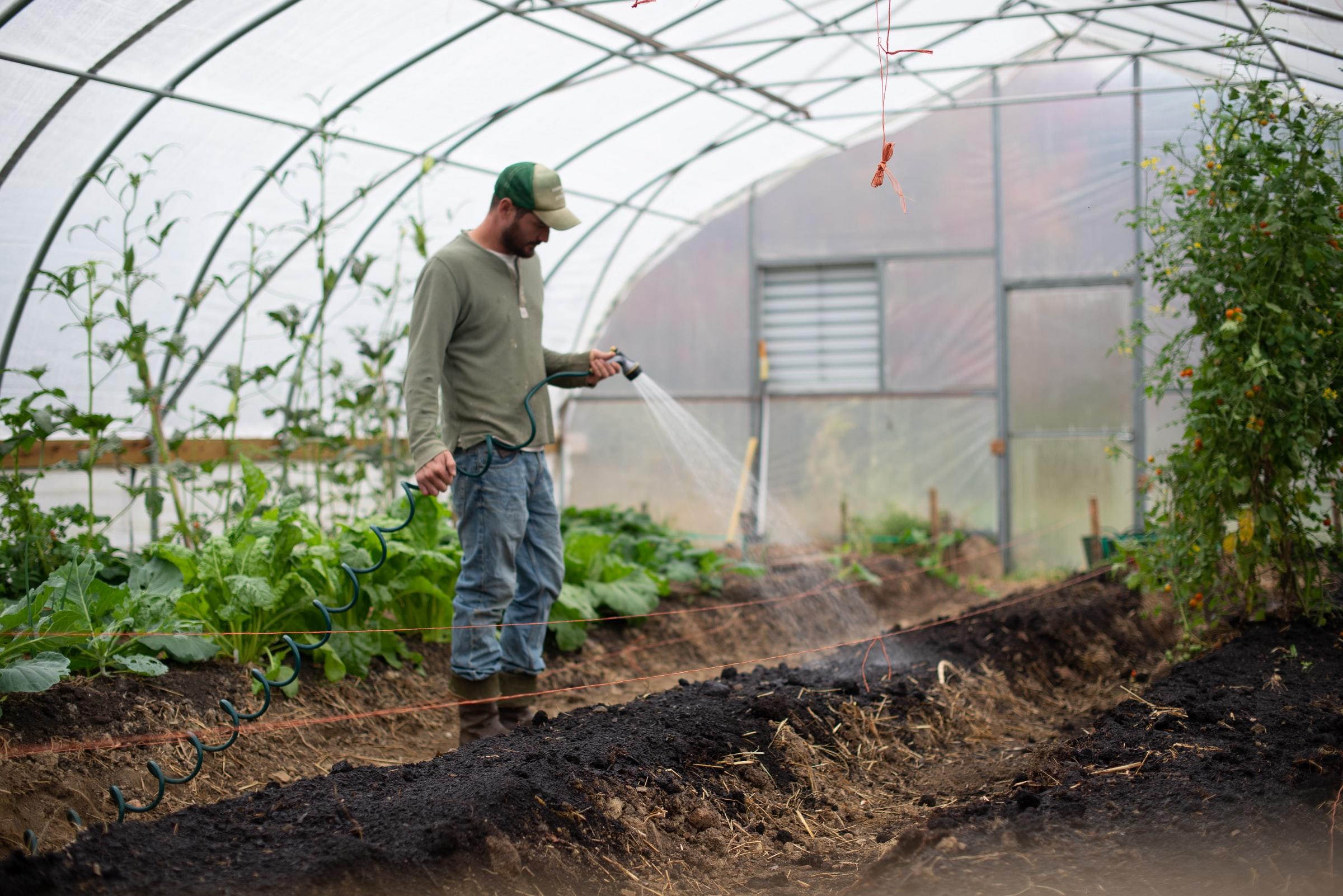
We all love our farmers. Without the hard work, passion, and determination of farming experts, it would be impossible to fully enjoy the most delicious produce that the soil can offer humans. Thanks to farmers we can bite into crunchy apples or savour some juicy tomatoes.
Farmers are unsung heroes who do more for civilisation than you might have previously thought.
Nevertheless, farming is in danger due to the rapid changes in climate that are experienced as a result of global warming. Climate change is having a serious impact on the products that we know and love. For instance, the following foods have been in danger recently:
- Wheat,
- Cranberries,
- Sardines,
- Almonds,
- Chickpeas,
- Almonds,
- Wine,
- Scallops,
- Peaches,
- Corn,
- Coffee,
- Rice.
There's no way to beat around the bush, climate change is affecting agriculture. But, how is that possible? Well, it's important to state that to grow fruits and vegetables successfully, farmers rely on the climate and its natural cycles and elements.
The following list highlights some of the ways that agriculture relies on the world around us:
- The planting, maturing, and harvesting of crops all need stable seasonal patterns,
- Livestock depends on the right amount of food, water, heat, and humidity to grow,
- A reliable climate aids farmers to know which pests and diseases will spread,
- After the harvest is completed, patterns of temperature and weather affect storage and transportation.
Because global warming continues to advance more quickly than scientists and leaders can handle the situation, it's not surprising to discover that certain aspects of climate change such as droughts, natural disasters, rising of carbon dioxide, and the augmentation of pests are all severely impacting our farmers and their ability to grow crops and tend livestock.
Though a change needs to occur, and quickly, it's worth pointing out that farmers are extremely resilient and they are doing all that they can to adapt to their changing circumstances. For instance, farmers are overcoming climate change obstacles by doing the following:
- Attempting to work with different varieties or species of plants,
- Finding new ways to ensure the water supply at all times and testing new irrigation systems,
- Inputs such as new types of fertilizer, tillage methods, grain drying, and other field operations that will promote stronger crops during any season,
- Learning how to handle fire risk for crops and implementing new measures for plant safety.
By knowing more about the challenges that climate change are imposing on farmers, we can better appreciate all the efforts that they are making to continue providing us with the food we need for a healthy diet.
In conclusion, learning more about climate change is necessary since it can help all individuals to raise awareness to the cause and to learn how we can collectively work together to halt global warming before it's really too late.
Summarise with AI:

